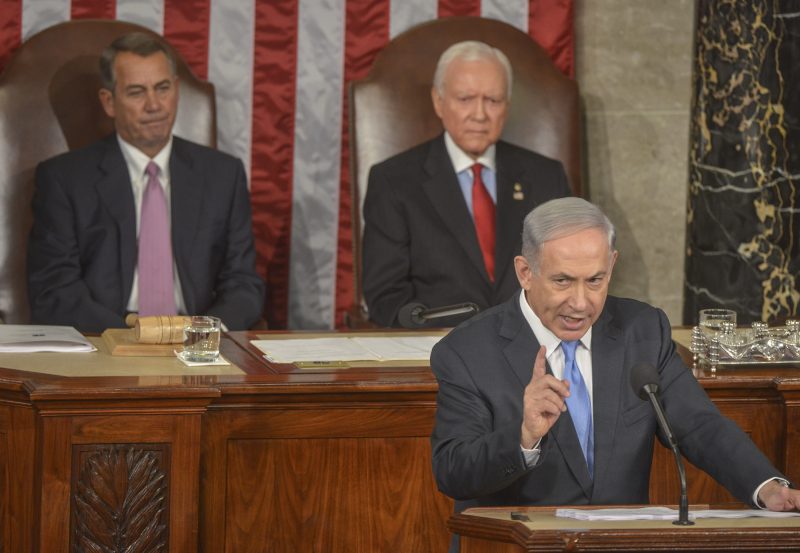In the realm of global politics, relationships between world leaders often evolve over time, shaped by a multitude of factors. One such relationship that has recently garnered attention is the apparent split between former Israeli Prime Minister Benjamin Netanyahu and the Democratic Party in the United States, led by President Joe Biden. This divide did not emerge overnight but was, in fact, years in the making.
Netanyahu’s tenure as Prime Minister of Israel spanned over a decade, during which he developed close ties with several prominent Republicans in the U.S., most notably former President Donald Trump. Netanyahu’s alignment with the Republican Party became increasingly pronounced, particularly in areas such as Middle East policy and the Israeli-Palestinian conflict. This growing proximity to the Republicans set the stage for a widening gap between Netanyahu and the Democrats.
The Iran nuclear deal emerged as a pivotal point of contention between Netanyahu and the Democrats, specifically during the negotiations led by the Obama administration. Netanyahu vehemently opposed the deal, arguing that it posed an existential threat to Israel’s security. His highly publicized speech to the U.S. Congress in 2015, without prior consultation with the Obama administration, further strained his relationship with the Democrats. The episode underscored the deepening divide in views on critical foreign policy issues.
The controversial decision to move the U.S. embassy to Jerusalem also served to exacerbate tensions between Netanyahu and the Democrats. While hailed by Netanyahu and his allies as a historic move, Democrats criticized the decision as potentially undermining efforts towards a peaceful resolution of the Israeli-Palestinian conflict. The embassy relocation highlighted the contrasting approaches of Netanyahu and the Democrats to the complex issue of the Middle East peace process.
In addition to policy differences, personal dynamics and political calculations played a role in the gradual estrangement between Netanyahu and the Democrats. Netanyahu’s strong working relationship with Trump, marked by mutual support and shared strategic objectives, further alienated him from the Democratic leadership. As the rift widened, Netanyahu’s ability to navigate the nuanced landscape of U.S. politics became increasingly challenging, leading to a more pronounced split with the Democrats.
The changing landscape of Israeli politics also contributed to Netanyahu’s divergence from the Democrats. His polarizing leadership style and the domestic political upheaval within Israel created an environment where Netanyahu’s alignment with the Republicans seemed more politically expedient. As Netanyahu prioritized his political survival and pursued his agenda in Israel, his alignment with the Republicans became more entrenched, solidifying the rift with the Democrats.
In conclusion, the split between Benjamin Netanyahu and the Democrats was not a sudden development but rather a culmination of years of evolving relationships, divergent policy positions, and shifting political dynamics. As both sides chart their respective paths in the realm of global politics, the legacy of this split may continue to reverberate in the U.S.-Israel relationship and beyond, shaping future interactions between leaders on the world stage.

